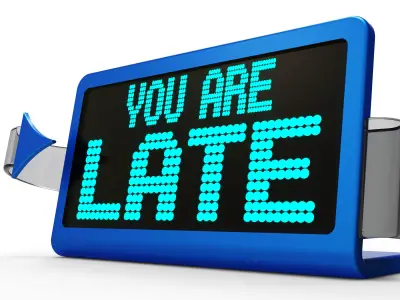Freelance Writing Advice Column
-
How Do I Bring Up the Topic of Maternity With My Clients?
When you are employed on a contract basis and go to the…
-
Worker’s Compensation for the Freelance Writing Business: The Rights and the Risks
A lot of businesses in the US employ freelance writers for the…
-
What to Do If You Miss a Deadline
When Robert Palmer sings, “You can’t sleep, you can’t eat. There’s no…
-
Revision Requests Getting Me Down
Dear Jodee, Most of the time when I submit my work to…
-
How Do I Get Started as a Freelance Writer
Dear Jodee, I love writing. It’s always been one of my passions.…
-
When to Follow Up with a Prospective Client
Dear Jodee, What is an appropriate time to wait before following up…
-
Nervous About Meeting Prospective Client
Dear Jodee, I’ve been contacted by a prospective client who wants to…
-
How do I Prepare a Writer’s Resume?
Dear Jodee, I’ve seen ads for freelance writers where the prospective client…
-
Job Security in Freelance Writing
Dear Readers, I have been following an interesting discussion on another forum…
-
How Can I Market my Freelance Writing Services Online?
Dear Jodee, For people who have business clients, how do you go…



